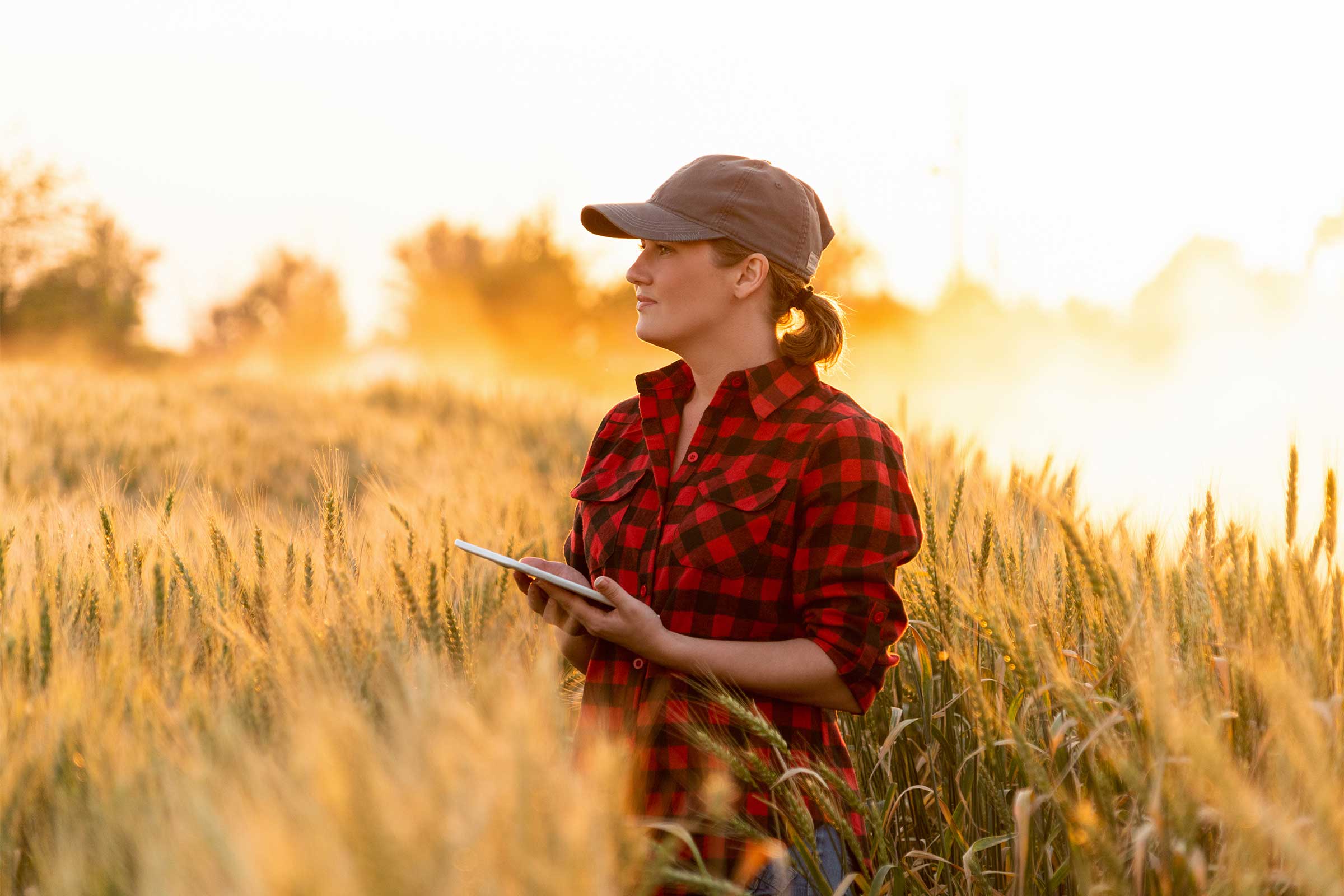You might not have noticed it, but geospatial science is, well, everywhere. Yes, it plays a major role in what you’d consider ‘classic’ geospatial fields. Things like mapping territory, modelling landscapes, planning cities. But it’s also used to help solve problems across many more industries.
When you study geospatial science, you actually open up a whole world of geospatial science careers. (Yes, your geospatial science skills could take you across Australia or overseas.)
So let’s explore some of the careers that use geospatial science that could be flying under your radar. You might just discover where you want to take your career next.
Geospatial science and… health
Geospatial science makes people healthier. It’s true. Geospatial health research looks at how a patient’s ‘place history’ can help diagnose and treat disease. It’s very much an emerging discipline. But that means you’re working right at the cutting edge.
Geographic information systems (GIS) can provide important information to doctors, highlighting potential environmental influences on a patient’s symptoms. It can also help researchers investigate how the places where patients live, work, and play can affect their health. Consequently, doctors can give the best medical advice to minimise risk.
For example, researchers at Charles Sturt University use geospatial modelling to analyse liveability in regional cities. Charles Sturt geospatial scientist Dr Ana Horta explains.
“We can compare where people live with environmental factors. For example, is it easy for them to go for a walk? Is healthy food readily accessible? How about green space nearby? This information informs place-based health interventions at the local level.”
Geospatial science and… emergency response
Information gathered from geospatial science techniques can play a crucial role in responding to disasters. You need to tackle a disaster quickly. Furthermore, you need to base decisions on sound information. That way, you can mitigate the impact as much as possible. You need information to help the largest number of people, or protect the largest area of land. Solid, accurate information. And that’s where geospatial science can help.
Geospatial data let’s you know who or what is in the affected area – and where they are. This helps responders get to where they are needed most. Geospatial scientists can also help map the predicted impacts of a disaster. For instance, they can create models that show the area that could be flooded from a tornado. As a result, resources can be sent to the right areas in advance of the tornado making landfall. Furthermore, emergency response crews can be positioned in the best locations to tackle the aftermath.
Geospatial science and… crime
Talking of emergency response, geospatial science can also help the police respond to crime. Mapping tech can help:
- pinpoint where crimes have been committed
- identify patterns of crime
- allocate police officers to the most relevant locations.
What’s more, such information can be combined with other data sets, such as census demographics, to help law enforcement, social services providers and policy makers. They use this info to investigate potential social causes of crime. As a result, they can develop programs to address the problem and improve people’s lives.
Geospatial science and… national security
Analysts can use geospatial science data to help make military decisions. Those decisions can be tactical, operational and strategic. You could use mapping software and geospatial intelligence to inform performance and command choices. That could be on the battlefield, from a naval vessel or at a military headquarters.
Working with the military can mean operating in a dynamic environment. You need quick decision-making and strategic responses to changing conditions. You’ll combine your geospatial science skills with knowledge of human demographics, meteorology and weapons systems. And you can play a significant role in the tactical deployments of today’s military forces – helping keep your country safe.
Geospatial science and… natural resource management
Geospatial science can play an important role in protecting the environment. For example, to ensure natural resources are used sustainably. Geospatial data can help us plan forest management, ensuring the landscape is not eroded. It can help plan agricultural and other land use so we can minimise any negative impacts on natural resources.
It can map the movements of tourists at natural attractions to plan strategies to protect vulnerable sites. And it can help us understand the interactions between human-made and natural environments. Consequently, we can ensure that the needs of people and wildlife are protected. Charles Sturt geospatial scientist Associate Professor Rachel Whitsed explains.
“We use species distribution models to predict where a species might be found. This can be particularly useful for rare or threatened species. It can predict where an invasive species might end up. Or to work out how climate change will affect the distribution of a species in the future.”
Furthermore, as climate change continues to affect the world, geospatial science will play a leading role in modelling adaptations in the environment to help us cope.
Geospatial science and… mobile communication networks
One of the core functions of geospatial science is the analysis of networks. So we constantly analyse networks to improve their performance or protect their vulnerabilities. That could mean networks of people, features in a landscape, animals or transport nodes and supply chain logistics.
Your skills can also be incredibly useful in planning communication networks. From positioning mobile phone masts to integrating cable networks into existing communities (such as the NBN), geospatial scientists can help people stay connected.
Where do you want to go?
These are just a few of the careers that use geospatial science. Whether you’re looking to get into the field for the first time, or seeking a new direction for your career, there’s a whole world of possibility out there.

